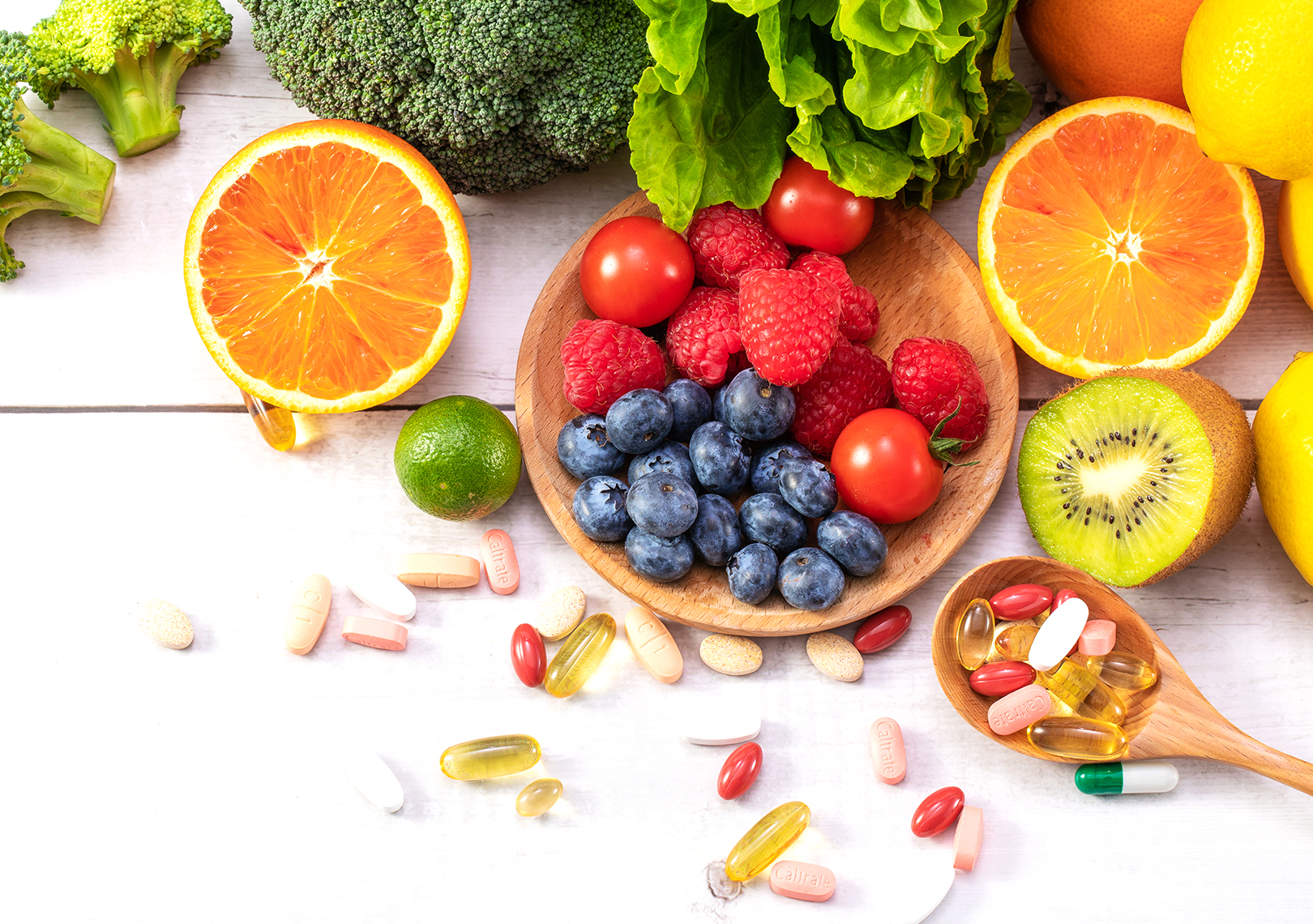Why does summer increase the risk of food poisoning?
With the arrival of warm weather, it's common to enjoy outdoor meals, picnics, beach outings, or family barbecues. However, rising temperatures create the ideal conditions for the growth of bacteria, fungi, and other microorganisms in food — especially when not properly stored.
According to Portugal's Directorate-General of Health, most outbreaks of foodborne illness in the country occur during the summer months, and the most frequent cases are linked to foods that initially seem harmless.
Common foods that hide dangers in the heat
Below are some of the most frequently involved foods in summer food poisoning cases. While popular, they require extra care with storage, preparation, and consumption:
1. Undercooked or raw eggs
- Often used in homemade mayonnaise or desserts like mousse.
- Can contain Salmonella, especially if not properly refrigerated.
2. Rice and pasta left at room temperature
- When cooked and left out of the fridge, they can develop Bacillus cereus, a bacteria that causes vomiting and diarrhea.
3. Undercooked meat or grilled on the outside, raw inside
- Especially chicken, pork, or hamburgers.
- Risk of Salmonella, Listeria, and E. coli.
4. Seafood and fish poorly stored
- Highly perishable and sensitive to cold chain interruptions.
- May cause serious poisoning like ciguatera or scombroid poisoning.
5. Fresh cheeses and dairy products left unrefrigerated
- Rich in water and protein, they provide an ideal environment for Listeria monocytogenes.
6. Cut fruit left out for too long
- Fruits like banana, melon, and watermelon become hosts for microorganisms when exposed to high temperatures.
Most common symptoms of food poisoning
Symptoms may appear within a few hours to 2 days after consuming contaminated food:
- Nausea and vomiting
- Diarrhea (often watery)
- Abdominal cramps
- Mild to moderate fever
- Fatigue and dehydration
In more serious cases, neurological symptoms or invasive infections may occur, particularly in children, the elderly, and immunocompromised individuals.
How to prevent food poisoning in summer?
The good news is that most cases can be prevented with simple hygiene and food safety practices:
- Keep food refrigerated below 5°C, especially eggs, meats, fish, and dairy.
- Cook food thoroughly, avoiding raw or undercooked meats.
- Do not leave prepared food out of the fridge for more than 2 hours — in summer, reduce that to 1 hour.
- Avoid consuming raw seafood or buying from unreliable sources.
- Wash hands and utensils thoroughly before, during, and after food preparation.
- Use coolers or ice packs to transport perishable food, especially for trips or picnics.
Conclusion: does food safety take a holiday too?
It shouldn't. In summer, we must be extra careful about what we eat. Many foods we consider “safe” can become hidden risks, especially when heat is ignored as a contamination factor.
The golden rule? If in doubt, don’t eat it. Prevention is always better than treating a foodborne illness.
💡 Share this article with friends or family who love picnics and barbecues — good health often starts with small daily habits.





